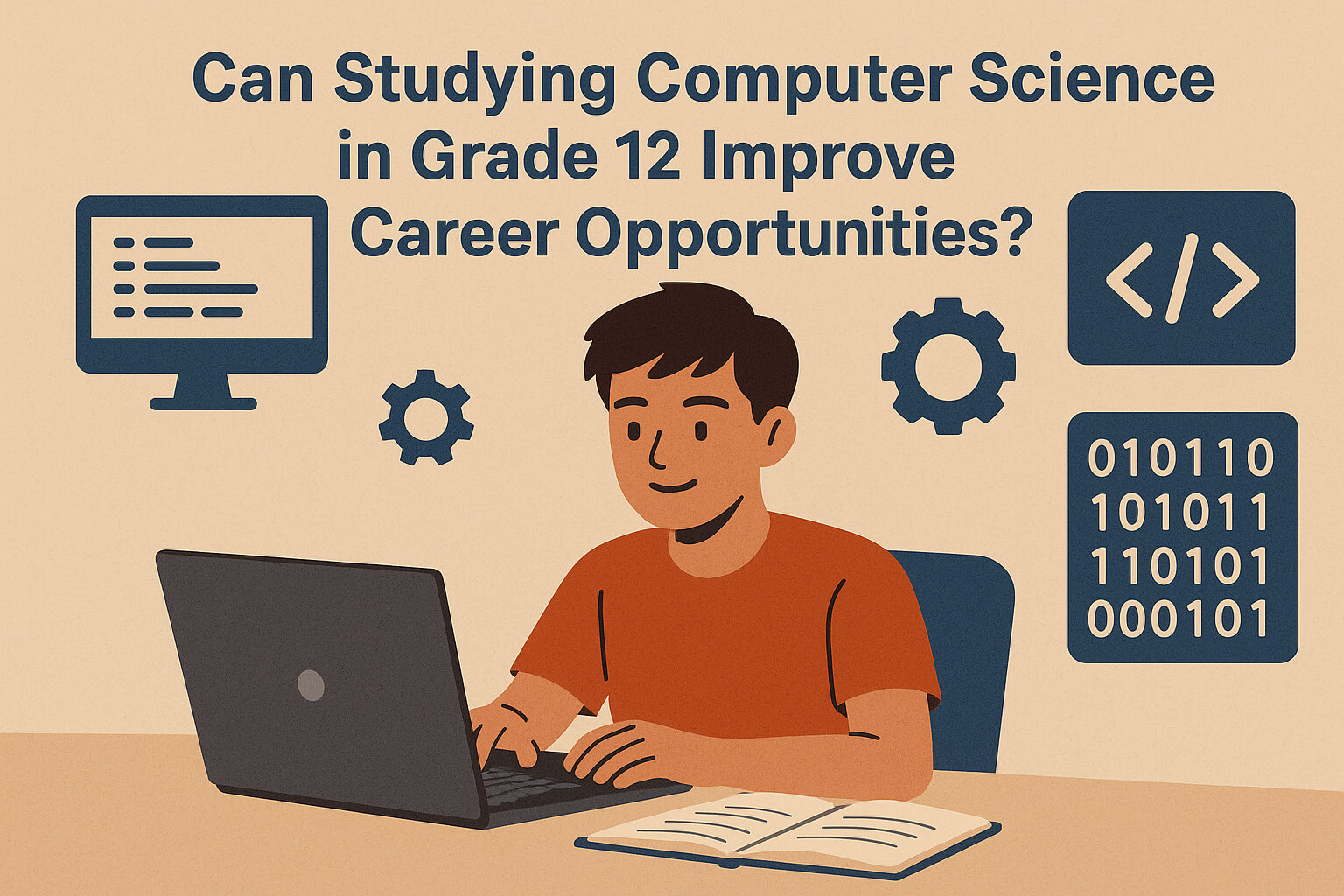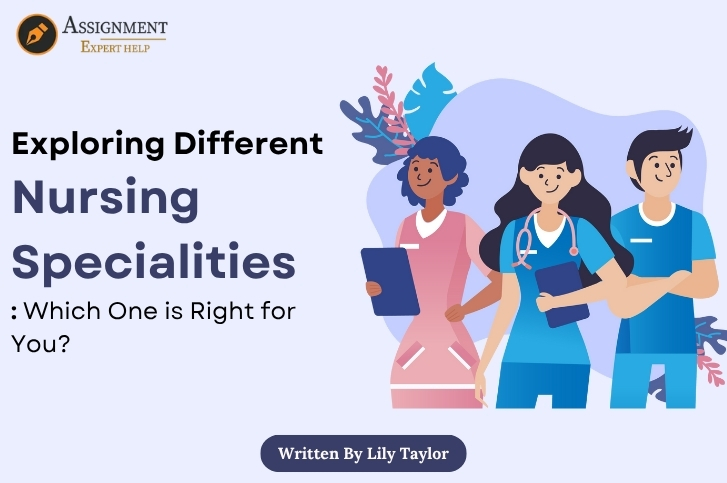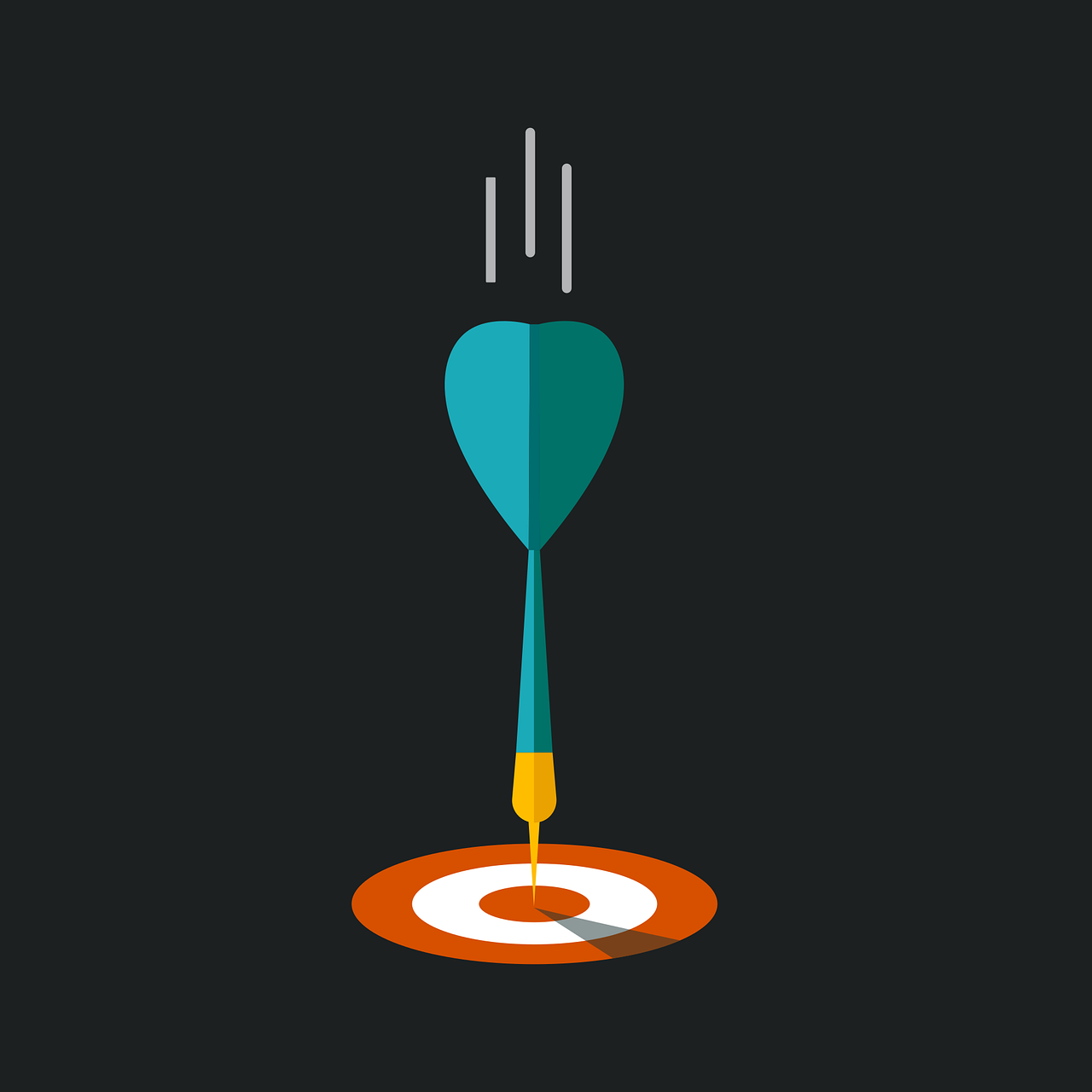Can Studying Computer Science in Grade 12 Really Improve Career Opportunities?

Strong 8k brings an ultra-HD IPTV experience to your living room and your pocket.
A lot of Grade 12 students reach a crossroads when picking their subjects. Some go with the traditional “safe” options like Physics, Chemistry, or Biology. Others lean toward commerce and economics. And then there are the ones who decide to give computer science a shot.
Now, the big question parents and students often ask is: “Is it really worth it? Will studying computer science this early actually help with careers later on?”
The short answer is yes. But the longer answer is more interesting. Let me explain.
The First Taste of Real-World Skills
I still remember one of my students, Aarav, who had chosen computer science in Grade 12 mainly because “it looked cool.” At first, he found it frustrating—hours spent debugging code just to realize he had missed a semicolon. But somewhere in the middle of the year, he built a simple expense-tracking app for his family. His parents started using it to monitor household spending, and that’s when it clicked for him: this subject isn’t just about exams—it’s about building things people actually use.
That’s the hidden advantage of starting computer science early. By the time you leave school, you’re already exposed to coding, databases, maybe even a bit of web development. These are the exact tools that industries today run on.
Why Employers Love “Problem-Solvers”
It’s easy to assume computer science is just about coding. But ask anyone who has written even ten lines of code—it’s mostly about problem-solving.
You’re teaching your brain to look at a big, messy problem and break it into smaller steps. Whether it’s writing an algorithm to sort numbers or figuring out why your program keeps crashing, you’re practicing logical thinking.
And employers eat that up. A finance manager, a marketing analyst, a data scientist—they’re all solving problems every day. The difference is, students who’ve studied computer science early are already wired to think in this structured, step-by-step way.
The Early Head Start
Another advantage? You get a head start on in-demand skills.
By Grade 12, you might already know a programming language or two (Python, Java, or maybe even C++). That’s not trivial. Plenty of first-year college students walk into Computer Science 101 having never coded before. Students with prior exposure immediately stand out—they’re not just keeping up, they’re experimenting, building projects, and asking deeper questions.
One of my students, Ananya, used her school-level knowledge of Python to automate data entry at her father’s small business. It saved him hours every week. Later, she mentioned that project in her university applications—it wasn’t flashy, but it showed initiative. She got accepted into a competitive data science program abroad.
That’s the kind of edge early exposure gives.
Not Just for “Tech Careers”
Here’s a common myth: if you study computer science, you’re destined to become a programmer. Not true at all.
Think about medicine. Modern hospitals depend on AI for diagnostic tools, data analytics for patient records, and robotics for surgeries. In finance, algorithms run global stock markets. Even in fields like music or design, you’ll find computer science quietly shaping the future—video games, animation, sound engineering, you name it.
In other words, you don’t need to “become a coder” to benefit. Computer science is more like a foundation—once you have it, you can build in any direction.
The Entrepreneurial Spark
Another thing I’ve noticed: computer science sparks creativity.
Plenty of students I’ve taught start tinkering with side projects once they learn the basics. One built a website to showcase his mom’s home-baking business. Another created a study app for his juniors that allowed them to quiz each other. Were they perfect? Of course not. But that’s not the point.
The point is, computer science gives you the power to turn an idea into something tangible. And in today’s world, that’s a huge deal. Some of the most successful startups began with nothing more than a teenager experimenting in their bedroom.
Digital Literacy: The New Basic Skill
Let’s be honest: no matter what career you choose, you’re going to deal with technology. The workplace of the future—actually, even the workplace of today—expects you to be digitally fluent.
Studying computer science in Grade 12 gives you a level of comfort with tech that many others lack. You don’t just “use” apps—you understand how they’re built. That knowledge makes you more confident when facing new tools or platforms. Employers notice that.
The Role of Tutors and Guidance
Now, computer science can feel intimidating. Not every student enjoys debugging at 2 a.m. or memorizing syntax. That’s where guidance matters.
I’ve seen students transform with the help of a good computer science tutor. A tutor can simplify tough concepts, give practical exercises, and, most importantly, show students how the subject connects to the real world.
These days, online computer science tutoring has made it even easier. Students don’t have to struggle alone—they can get one-on-one help from experts, build projects step by step, and actually enjoy the subject. And enjoying what you study makes a world of difference in how far you take it.
A Global Language
Another thing worth mentioning: coding is almost like a global language. A program written in Python in India looks exactly the same as one written in the US, Germany, or Japan.
So when you study computer science in Grade 12, you’re not just learning a subject—you’re learning a universal skill that can open doors worldwide. University admissions officers notice it. Employers notice it. And when you’re competing on a global stage, every little advantage counts.
So… Is It Worth It?
Here’s the honest truth: computer science isn’t always easy. You’ll get stuck on problems. You’ll feel like giving up when your code refuses to run. But in those moments, you’re learning patience, persistence, and resilience—qualities that matter in every career.
And when it works—when the code finally runs or your project finally clicks—it’s a rush like no other. More importantly, it’s proof that you can tackle hard problems and find solutions. That’s exactly what future employers, universities, and industries want to see.
Final Thoughts
So, can studying computer science in Grade 12 improve career opportunities? Absolutely.
It doesn’t matter if you end up as a software engineer, a doctor, a banker, or even an artist. The skills you pick up—logical thinking, problem-solving, digital literacy, and creativity—stay with you forever.
Add to that the boost you can get from a supportive computer science tutoring, and you’re not just preparing for exams—you’re preparing for the world ahead.
If you’re standing at that crossroads wondering whether to take the subject, my advice is: go for it. It might just be the smartest decision you make for your future career.
Note: IndiBlogHub features both user-submitted and editorial content. We do not verify third-party contributions. Read our Disclaimer and Privacy Policyfor details.







